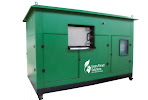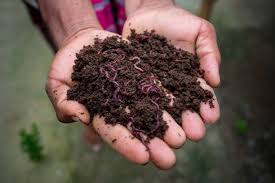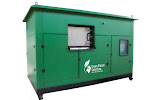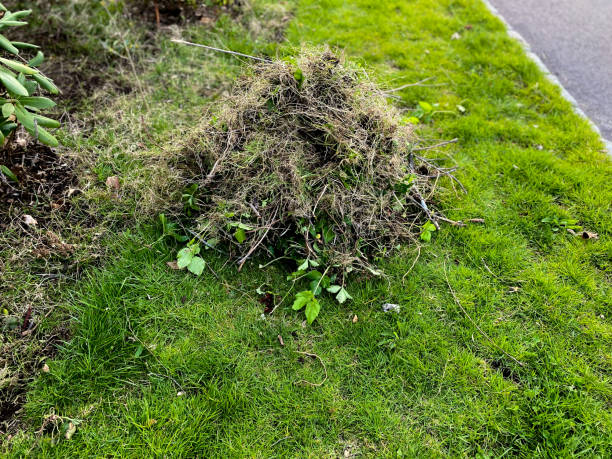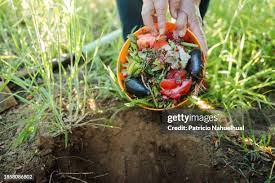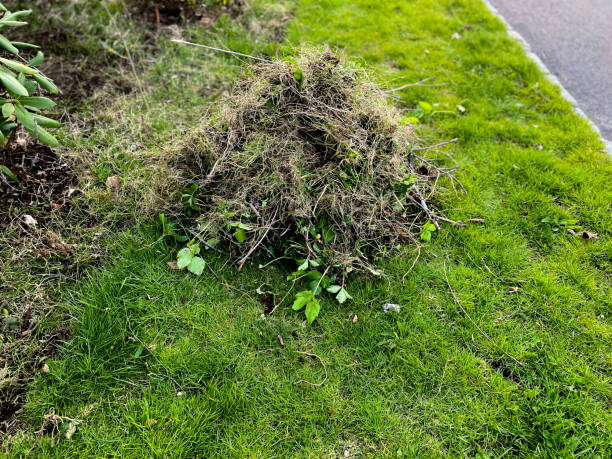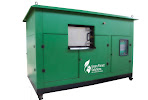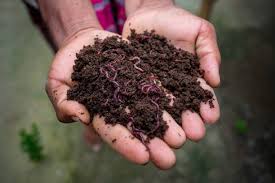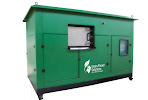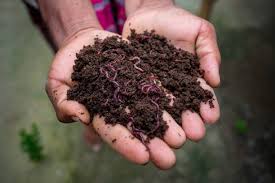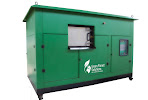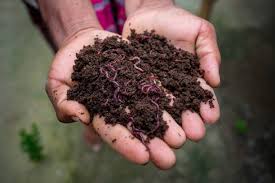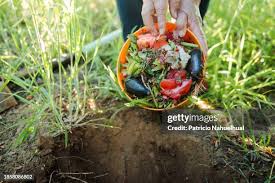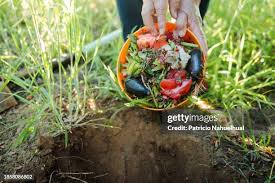ENQUIRE NOW FOR BEST COMPOSTING MACHINES INDIA – https://share.hsforms.com/1d12AT_oJScm8iiXbjSrEIwrh2r7
Introduction
India generates an astonishing 68 million tonnes of food waste every year, making it one of the world’s largest contributors to organic waste. This growing crisis is choking landfills, increasing methane emissions, and costing hotels, restaurants, societies, and institutions millions of rupees annually.
This is exactly why Fast Composting Machines in India are no longer a luxury—they have become an urgent necessity for every large food-waste generator.
Fast, automated composters turn food waste into nutrient-rich compost within 12–24 hours, solving waste problems instantly, sustainably, and economically.
🍽️ Understanding India’s Food Waste Crisis
(Focus keyphrase included in subheading)
Every day, India wastes food worth ₹1.5 crore, while millions struggle with hunger.
Sources of massive food waste include:
- Restaurants & hotels
- Cafeterias & food courts
- Housing societies
- Industrial kitchens
- Canteens (corporate, school, college, hospital)
- Event venues
This leads to:
- Overflowing landfills
- Toxic methane emissions
- Contamination of groundwater
- Higher carbon footprint
- Rising waste-collection charges
Without Fast Composting Machines in India, the nation’s food waste problem will only worsen.
ENQUIRE NOW FOR BEST COMPOSTING MACHINES INDIA – https://share.hsforms.com/1d12AT_oJScm8iiXbjSrEIwrh2r7
⚡ Why Fast Composting Machines in India Are the Ultimate Solution in 2025
(High-focus subheading with keyphrase)
Most municipalities in India now enforce strict Bulk Waste Generator (BWG) rules.
This means:
✔ No more dumping wet waste
✔ On-site composting mandatory
✔ Heavy fines for non-compliance
Here’s why fast composters are essential:
1. Extremely Rapid Processing (12–24 Hours)
Old composting methods take 45–60 days.
Fast composters finish it overnight.
2. Zero Odour, Zero Mess, Zero Pests
Advanced microbial technology ensures the process is hygienic and clean.
3. Huge Cost Savings
Organisations save 30–65% on waste transportation and collection fees.
4. Compact & Fully Automated
Fast composters are extremely easy to operate and require minimal space.
5. 100% Compliance with Municipal Rules
Perfect for hotels, canteens, societies, and corporate campuses.
These advantages make Fast Composting Machines in India the most reliable solution for today’s waste challenges.
🌍 Environmental Impact: Cutting Methane & Restoring Soil
Methane from food waste is 28 times more harmful than CO₂.
By installing Fast Composting Machines in India, organisations:
- Reduce methane emissions
- Decrease landfill dependency
- Support circular waste systems
- Produce organic compost for gardening or landscaping
- Improve soil fertility and biodiversity
This creates a long-term eco-impact that strengthens India’s sustainability goals.
🏨 Who Needs Fast Composting Machines in India the Most?
(Focus keyphrase in heading)
These machines are essential for:
- Hotels & Restaurants
- Corporate & College Canteens
- Housing Societies
- Hospitals & Hostels
- Food Courts & Malls
- Large Temples & Religious kitchens
- Wedding/Event venues
If your organisation generates more than 25–50 kg/day of food waste, a fast composter is the right solution.
ENQUIRE NOW FOR BEST COMPOSTING MACHINES INDIA – https://share.hsforms.com/1d12AT_oJScm8iiXbjSrEIwrh2r7
🛠️ Why Green Planet Solutions Pune Is a Trusted Leader
Green Planet Solutions Pune offers:
- Fully Automatic Fast Composting Machines in India
- 25 kg/day to 2,000 kg/day models
- Stainless-steel, long-life build
- Odour-free aerobic technology
- Low energy consumption
- AMC + service support across India
- Staff training + installation + site audit
We help businesses achieve:
✔ Full compliance
✔ Dramatic cost reduction
✔ Sustainable waste management
✔ Zero-waste operations
Use these for all images on the blog to boost SEO:
- “Fast Composting Machines in India converting food waste to compost”
- “Fast Composting Machines in India installed at hotel kitchen”
- “Fast Composting Machines in India for restaurants and societies”
- “Fast Composting Machines in India by Green Planet Solutions Pune”
- fast composter India
- food waste composter India
- hotel food waste management
- restaurant composting machine India
- green planet solutions pune composting
- commercial composting india
- municipal waste rules 2025
- bulk waste generator india
- on-site composting machine
India’s food waste crisis is worsening—and traditional waste systems cannot keep up.
This is why Fast Composting Machines in India have become indispensable.
They help every organisation cut waste, save money, reduce pollution, and contribute to a sustainable future.
Green Planet Solutions Pune is committed to helping Indian businesses adopt fast, efficient, eco-friendly composting systems.
Looking to install a Fast Composting Machine in India?
📩 Contact Green Planet Solutions Pune for a free consultation, demo, and site assessment.
We provide customised solutions for hotels, restaurants, societies, corporates, and institutions.
#FastCompostingMachine #FoodWasteIndia #GreenPlanetSolutionsPune #WasteManagementIndia
#ZeroWasteIndia #SmartComposting #SustainableIndia2025 #FoodWasteRecycling
#OnSiteComposting #EcoFriendlyIndia #CircularEconomyIndia #CleanIndia

